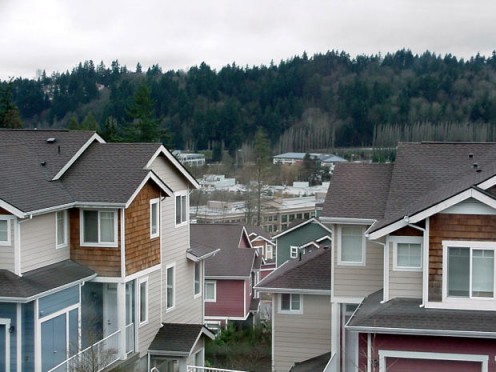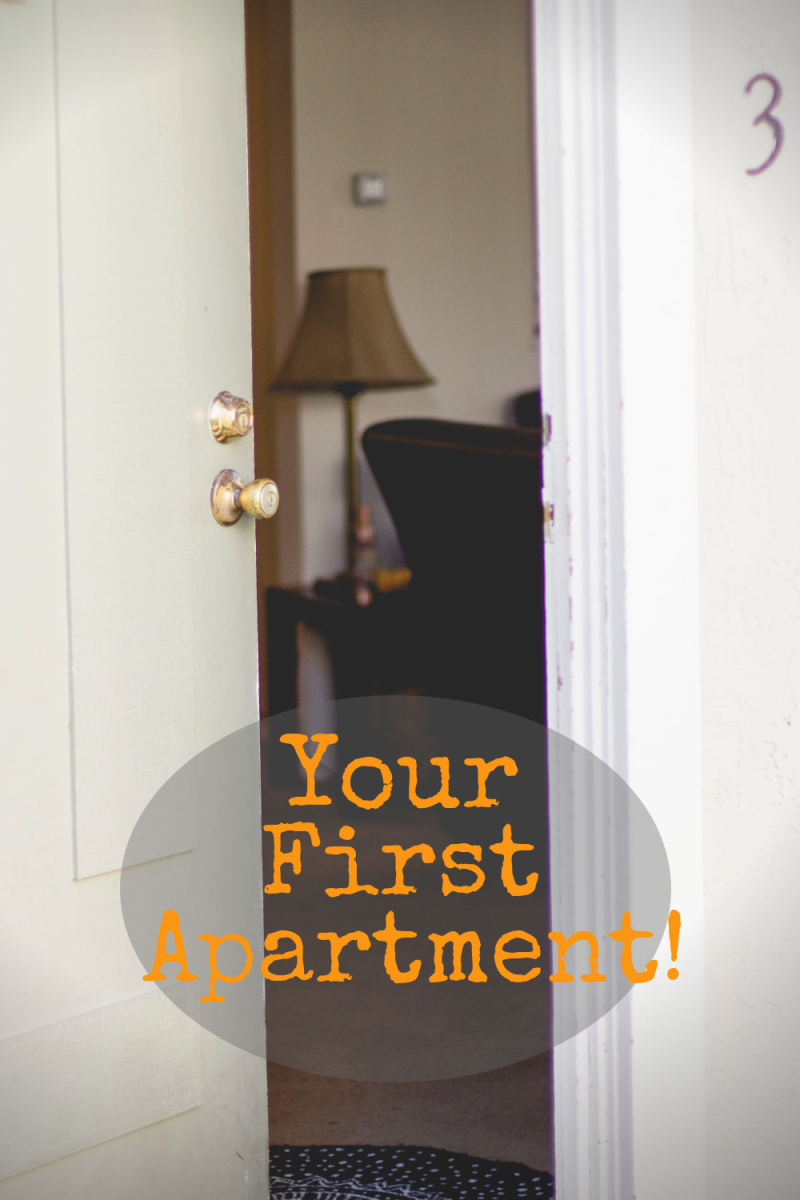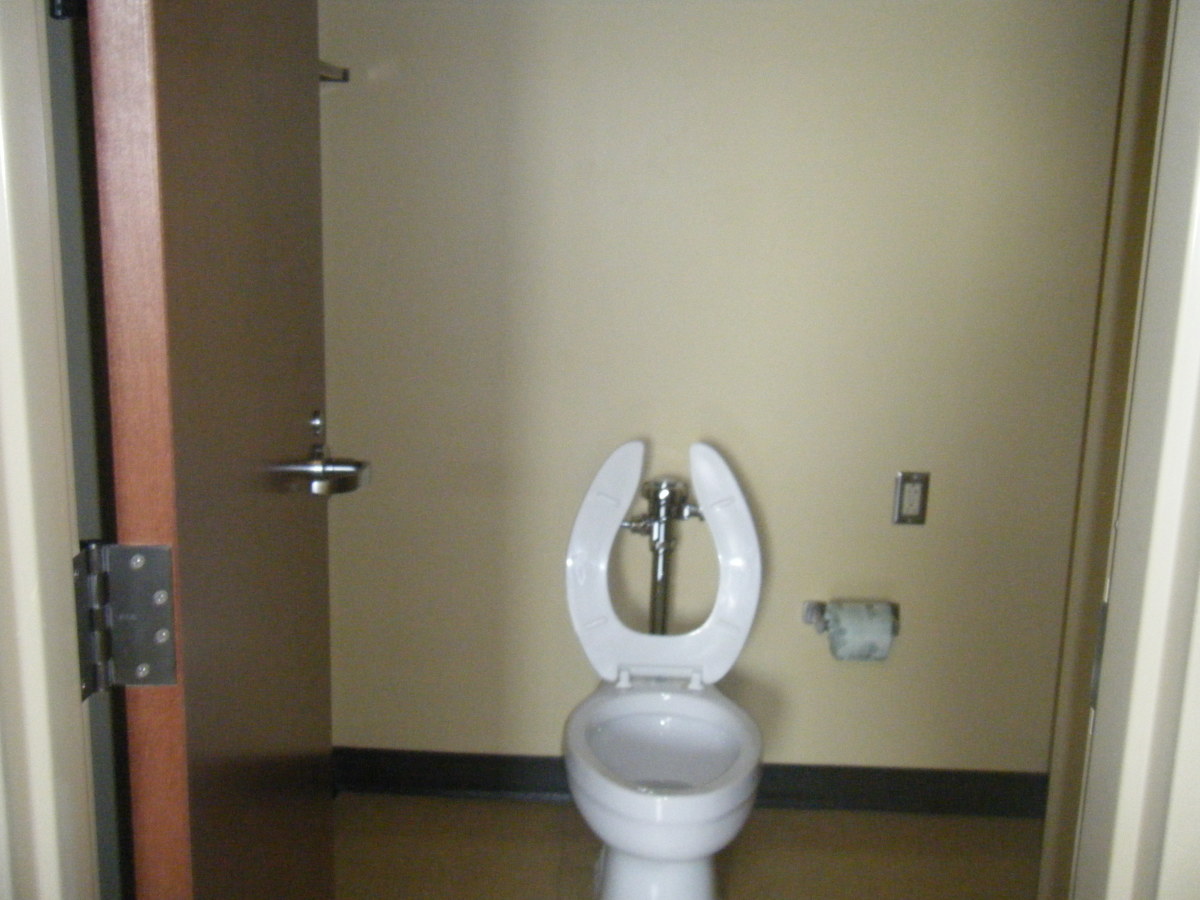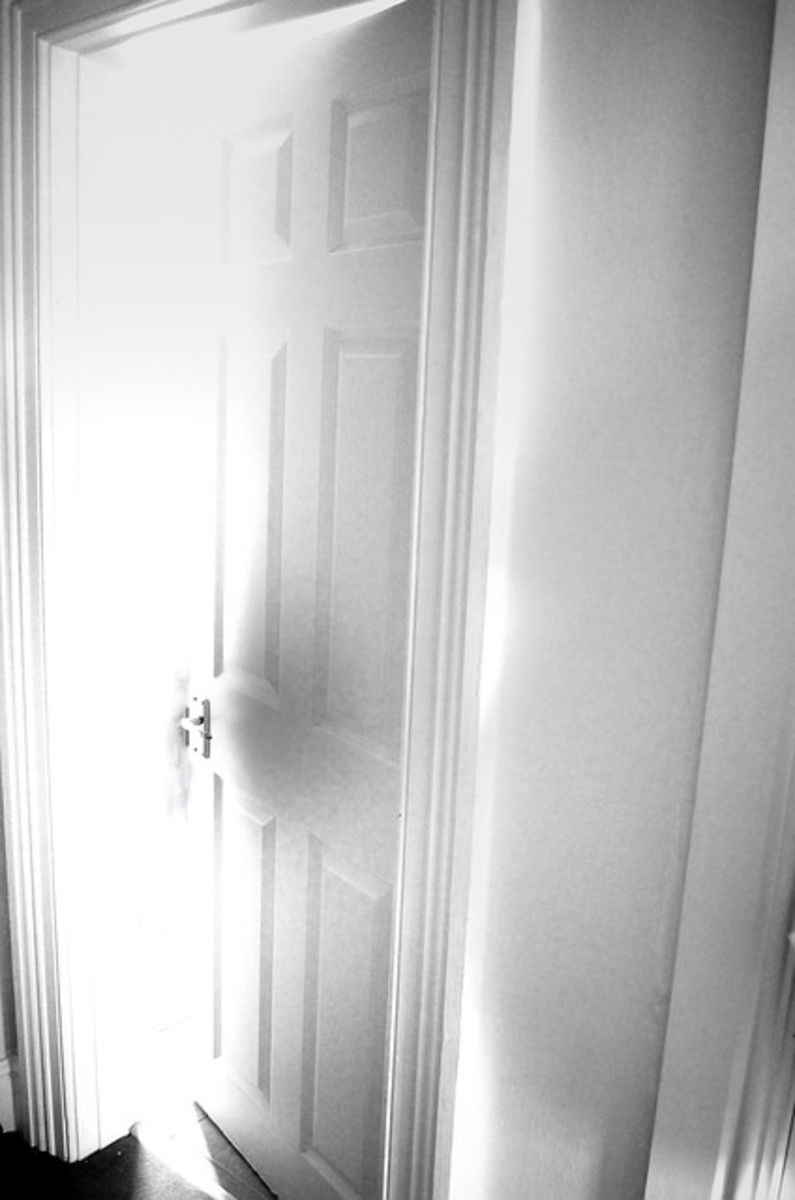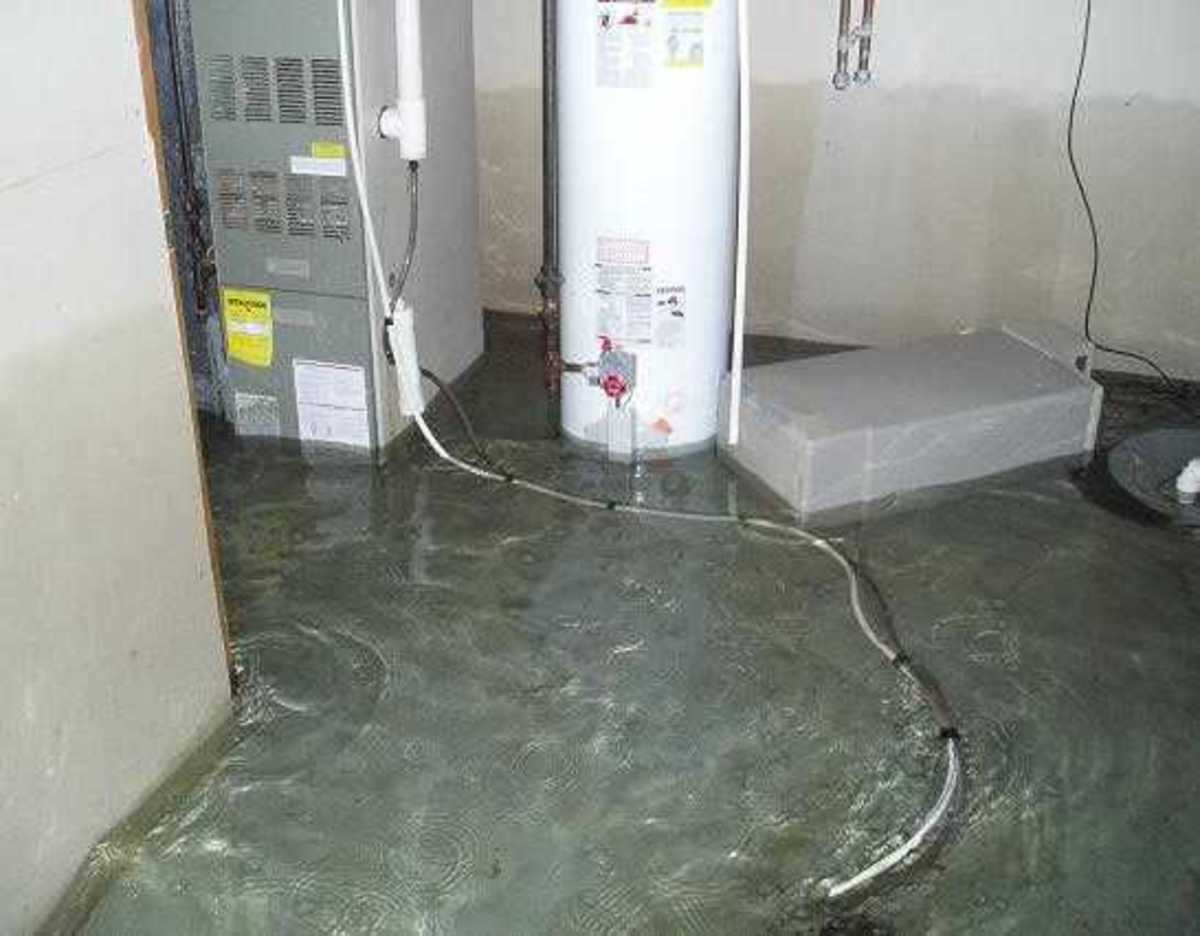Finding the Perfect Apartment
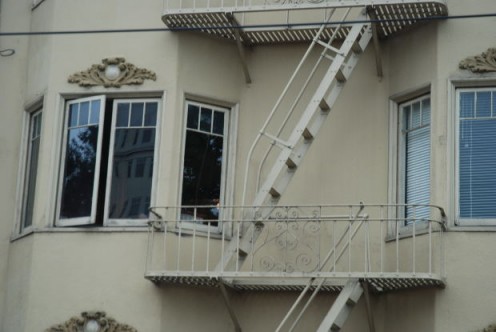
Searching for a new apartment or rental home can be a lot of work. There are many things that you need to consider before signing a lease and moving into a new place. Use this guide to help you navigate the world of rental housing.
The Search
Consult several different resources when looking for an apartment.
- Check the classified ads in the local newspaper. Often these ads can be viewed on the newspaper's website.
- Search Craig's List for rental listings in your area. This site allows you to set a location, price range, and size to narrow the listings.
- Inquire with local property management companies. These types of businesses can have an abundance of listings in major cities and college towns.
- Drive around and look for "for rent" signs or major apartment complexes. For landlords may use a sign as their only form of advertisment.
Location
There are many things to consider about the location.
- Investigate the availability of parking in the area. If a parking space does not come with the apartment, determine if street parking is feasible.
- Discover whether there is access to public transportation nearby. Even if you own a car, at some point you may want to use mass transit.
- Listen for road noise. If your future apartment is on a major street, will you hear sirens, large trucks, and honking all night?
- See how close the rental is to a grocery or shopping outlets. Is there a market nearby so you can easily pick up essentials?
Amentities
Scan the layout of the rental carefully.
- Identify the location of power outlets. Are there outlets in each room and how many?
- Find the cable hook up and phone jack. Are they located in a desirable spot? If not, it can be costly to have these items relocated.
- Determine which way the windows face. In the northern hemisphere, south facing windows will get full sun all day, north facing windows will never get sun. Check to see if the windows have screens and actually open.
- Learn what type of heating is used in the rental. If its electric, check out the location of the radiators. You will need to keep furniture clear of these. If it has gas heat, make sure the unit is in a central location.
- Check out the appliances. If there is a washer and dryer, are they in working order? Is there a garbage disposal, working stove top, and refrigerator with thermometer?
- Look for ventilation in the bathroom. Is there a window or fan that can help dispel the humidity after a shower?
Expenses
Be prepared to pay.
- A credit check is required by most landlords and property management companies. This requires applicants to provide a social security number and pay a $25 fee.
- You will need to put down a cleaning/damage deposit before moving into an apartment. The amount of a deposit will vary depending on the size and age of the rental, and whether you have pets. The deposit is often equivalent to one month's rent.
- Last month's rent may be required upfront, in addition to paying rent for the first month. Be prepared to pay for both.
- Utilities are another major expense for which you should plan. Electricity, water, garbage, phone, and cable are some of the most common. Some companies not only charge a monthly fee, but will require you to pay a one-time fee for setting up the service.
- You may want to consider getting renter's insurance, especially if you live in a large complex. For around $100 a year, you can insure up to $20,000 worth of your property. That way if there is a fire, water damage, or other incident, you are covered.
The Lease
Choose between long and short-term.
- A month-to-month or short-term lease binds you to pay rent for one calendar month. Your lease may still require you to provide 30 days notice of intent to vacate, but you can provide this notice at any time. This type of lease is best for people who are unsure of their future plans and may need to move again sometime soon.
- An annual or long-term lease is renewed each year and binds you to pay rent for twelve months or longer. Even if you do not occupy the residence for the entire year, you are legally required to pay rent for the period covered in the lease. One advantage of this type of lease is the rent is often slightly lower if you agree to occupy the dwelling for a long period of time.
How to Find an Apartment
- RENTING 101: A GENERAL GUIDE
Foreclosures have reached an all-time high which has forced many of us to become renters. Finding the right place to live can be exhausting, but it can be even more exhausting if you find the wrong place to... - Searching for Low Income Apartment For Rent
In recession time like these days find a low income apartment for rent is an advantage. If you still don't have a house by yourself or seeking for much cheaper apartment, you may try to find the low income... - Feng Shui Tips for Apartment Living
Feng shui is practical not only for people who live in a house, but for apartment occupants as well. No matter how small your apartment is, there are many convenient ways to improve the feng shui of your place...
